Fieldwork
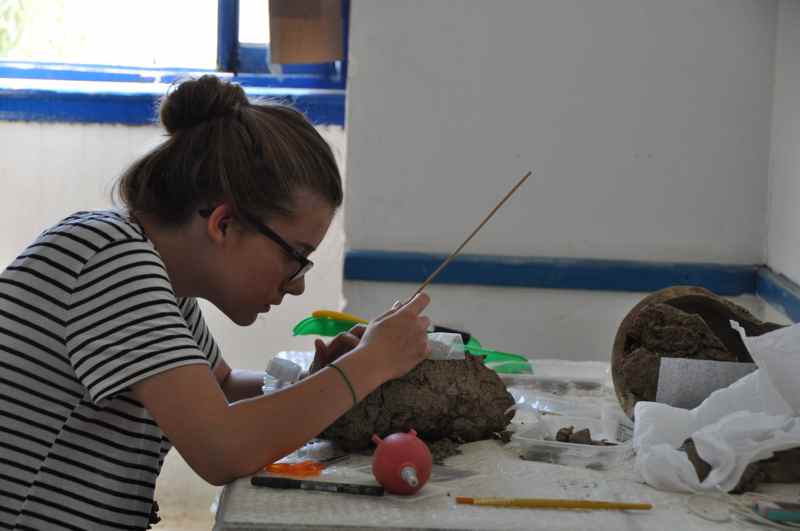

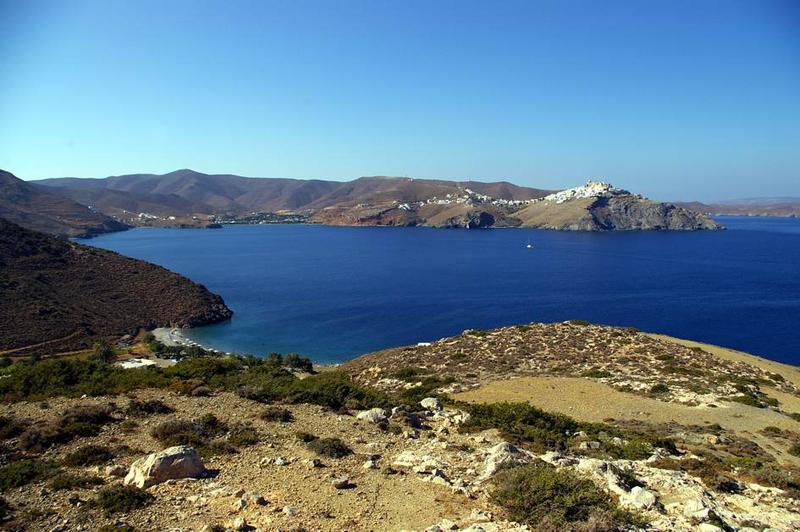
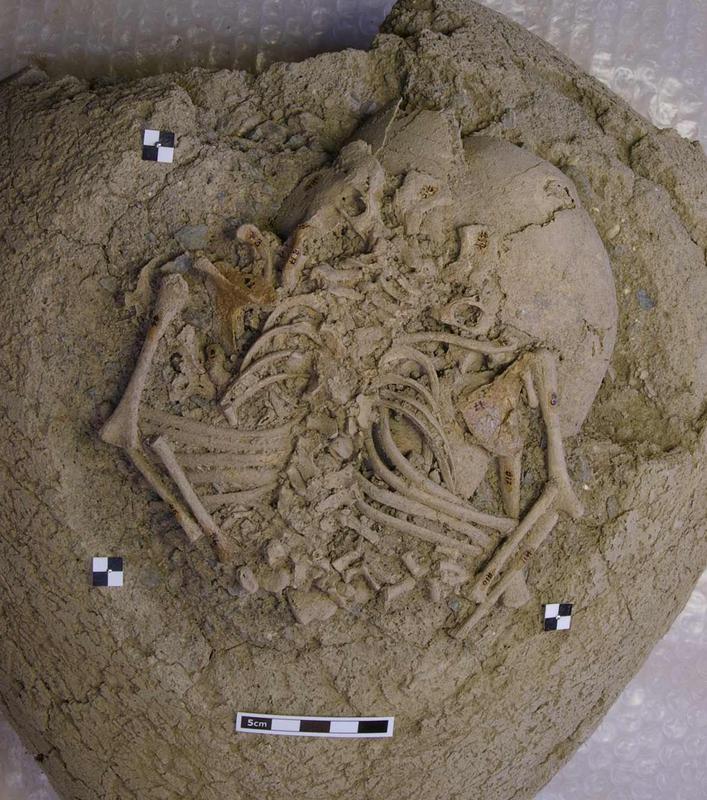
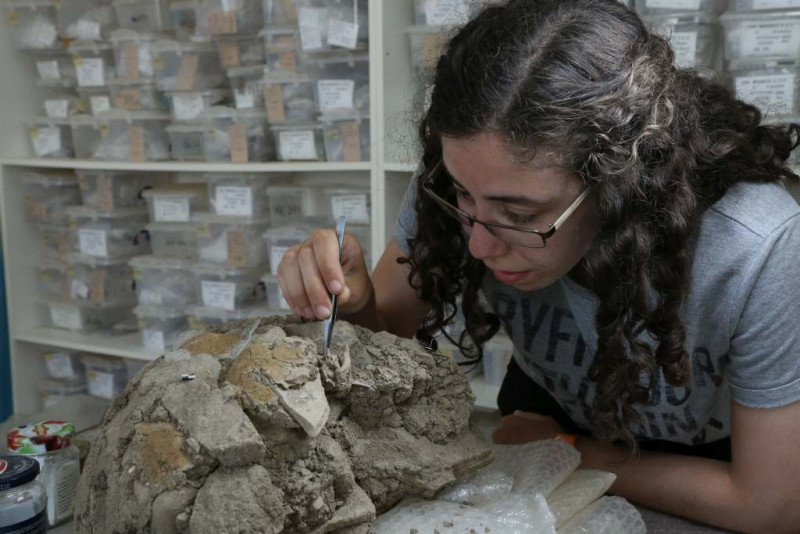
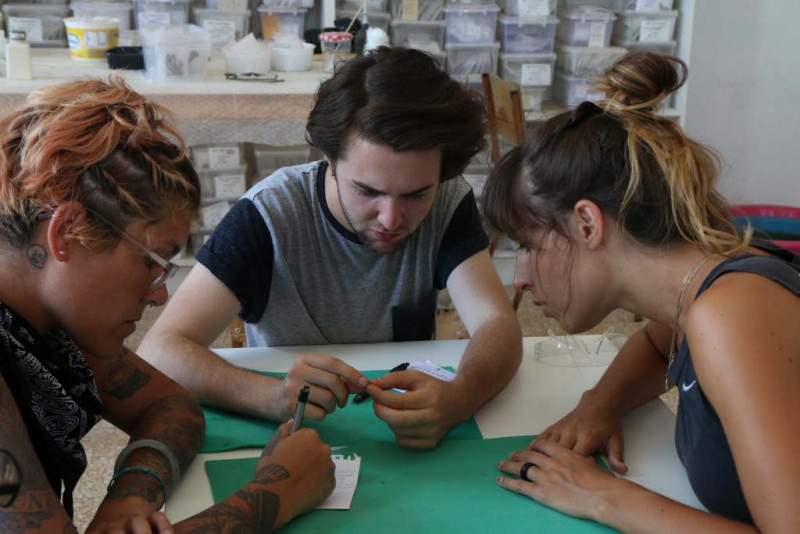
Location: Astypalaia, GR
Season: July 1, 2025 to July 30, 2025
Application Deadline: March 9, 2025
Deadline Type: Rolling
Website: https://sites.google.com/site/fieldschoolastypalaia/home
Program Type:
Field School
RPA Certified:
No
Affiliation:
UCL Institute of Archaeology, University College London
Project Director:
Prof. Simon Hillson, University College London
Project Description:
The field school takes place on Astypalaia, a small, beautiful island in the Aegean Sea and part of the Dodecanese island group in Greece. It is based on a unique archaeological site – the largest ancient children’s cemetery in the world, with at least 3400 children’s burials. In the field laboratory overlooking the sea, students learn the specialist skills required to excavate, record, identify, conserve, measure and catalogue the tiny bones and teeth of young children. This is one of the few sites in the world where children’s remains are abundant enough to provide such experience. Everyone carries out all the tasks required for each burial.
The children’s cemetery is just below the modern town, which is on the site of the ancient Classical city of Astypalaia. Almost all the burials are in pots, mostly large amphorae previously used to transport the goods traded by the city. Their form suggests that they came from all over the Aegean between around 750 B.C. and A.D. 100. The Field School is taught within a long-term bioanthropology project involving collaboration between the Ephorate of Antiquities of the Dodecanese (part of the Ministry of Culture of Greece) and Prof. Simon Hillson of the Institute of Archaeology at University College London.
The field school begins on July 1 and we will work six days per week until July 30. All teaching takes place in the laboratory. The first week will be spent on intensive training in the methods required. For the remainder of the time, students build their experience through supervised work in the laboratory and learn to place the project in its wider context through discussions and lectures. We work 8 hours per day in the laboratory (including short breaks for breakfast and lunch). Everyone lives in basic but comfortable studio style accommodation and the evening meal is served in the yard area outside.
Period(s) of Occupation: Archaic, Classical and Hellenistic. Most burials are 600 to 400 B.C.
Notes:
Training in excavation, conservation and study of young children's remains
Project Size: 1-24 participants
Minimum Length of Stay for Volunteers: 30 days
Experience Required: We consider applications from students with any academic background and are able to accept a wide range from both humanities and sciences. Please email if you are unsure. Students are taught all the skills they will need for the project and they work in small groups under close supervision throughout their time with us. We also aim to provide a supportive group for those who have not travelled much before or who are unused to working on archaeological field projects.
Room and Board Arrangements:
Students share rooms in pleasant studio style accommodation, 3-4 students per room. Each room has a bathroom with shower/toilet/basin and kitchen area with sink/fridge/hotplate. All rooms have air conditioning. The studios each have a terrace or balcony and the whole block is set in a garden space. The studios are 5 minutes walk from a beach, with swimming, cafes, restaurants and supermarkets. Food is provided each working day - that is, 6 days per week. Breakfast and lunch are provided at the laboratory. Breakfast includes cereals, yoghurt, fruit, toast, cheese, cooked meat, honey, nutella etc. Lunch alternates between sandwiches, traditional Greek pies, kebab/souvlaki and pizza, and there is always fruit and salad. A cooked evening meal is provided by a local restaurant in the garden area of the studio accommodation. One day per week we have a meal in a restaurant. Both mixed diet and vegetarian options are offered. If you have particular dietary requirements, please email to check that we can provide them. Cost: 4600 UK pounds for five weeks. This includes accommodation on Astypalaia for the whole field school, transfers from and to the island's airport or ferry port, all meals on work days (6 days per week), teaching and supervision, all teaching and learning resources, equipment, tools and laboratory consumables.
Prof. Simon Hillson
Institute of Archaeology, University College London, 31-34 Gordon Square
London
WC1H 0PY
United Kingdom
Phone: +44 20 7679 4784
Fax: +44 20 7383 2572
The AIA is North America's largest and oldest nonprofit organization dedicated to archaeology. The Institute advances awareness, education, fieldwork, preservation, publication, and research of archaeological sites and cultural heritage throughout the world. Your contribution makes a difference.
Notifications